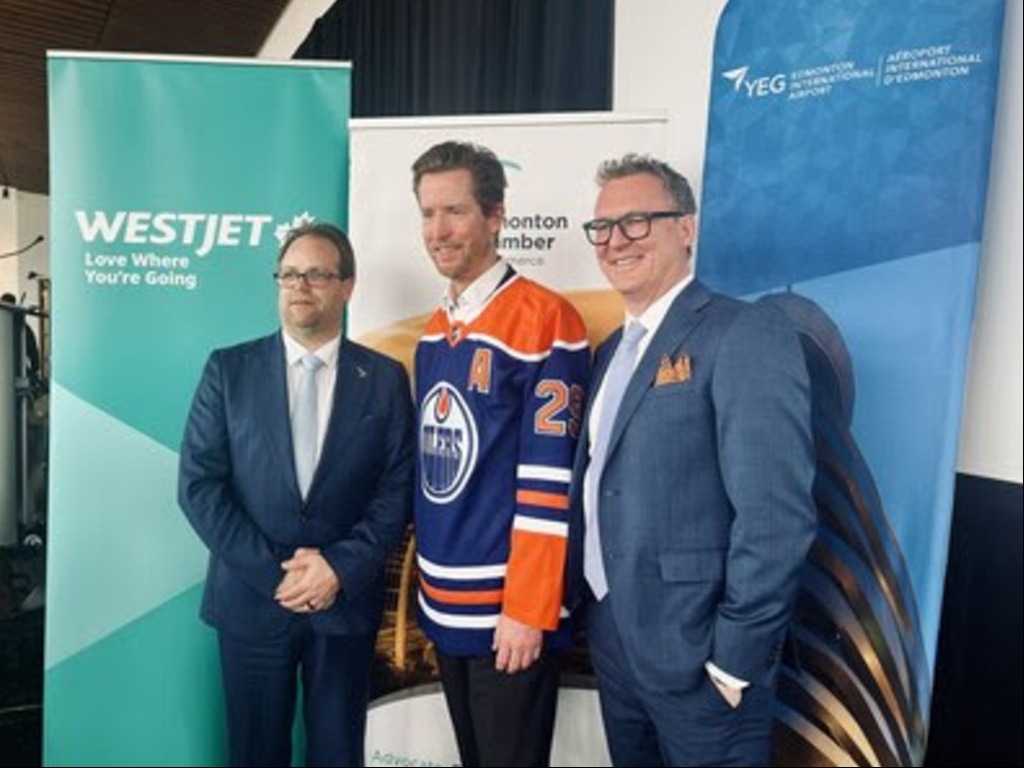Rebuilding The Tourism Labour Force

Building a diverse and resilient workforce depends on how we think about – and work with –the people we employ.
The tourism labour force has changed, and employers need to adapt to these changes if they want to recruit – and retain – a sustainable workforce, according to a panel of industry leaders from aviation, accommodations and recruitment presenting at the 2022 TIAC Tourism Congress.
Philip Mondor, president at Tourism HR Canada reported that tourism employment levels are down to where they were about 15 years ago.
The reasons and solutions are complex. A substantial number of employees – many of them women – did not return to hospitality jobs once travel reopened. The work itself has changed, becoming more complex. Many sectors are competing for the same employees, and tourism must do a better job of making its case.
But there is a silver lining according to Mondor, as there are currently 15 federal departments and agencies focussed on the labour force challenge. “The spotlight on the sector has never been brighter, but the window of opportunity to make policy change is small.”
The panel discussed effective and novel approaches. Tourism HR Canada has launched a “Discover Tourism” program aimed at potential new employees to increase awareness of opportunities in the sector.
Kendra Kincade, president & CEO at Elevate Aviation, spoke about how that organization provides a platform for women and underrepresented groups to thrive and succeed through careers in aviation.
In the accommodations sector, Marriott International Canada, is offering a flexible work-life balance, including four-day work weeks, remote hybrid work, and supports like a student debt repayment program. The key, according to Robin O’Hearn, area director human resources for Marriott, is to be sure that you work with your marketing team to reach out to potential new employees with your new value proposition.
Ian Milford, principal and director of business development at JRoss Hospitality focussed on attracting women and underrepresented groups, including Indigenous workers. He stressed that particularly with indigenous tourism being a key part of the Canadian travel experience, companies need to be educated on how to work with Indigenous people to engage them properly.
While there are many steps we can take to rebuild our workforce, the panelists agreed that we all needed to do a better job of telling our story.


